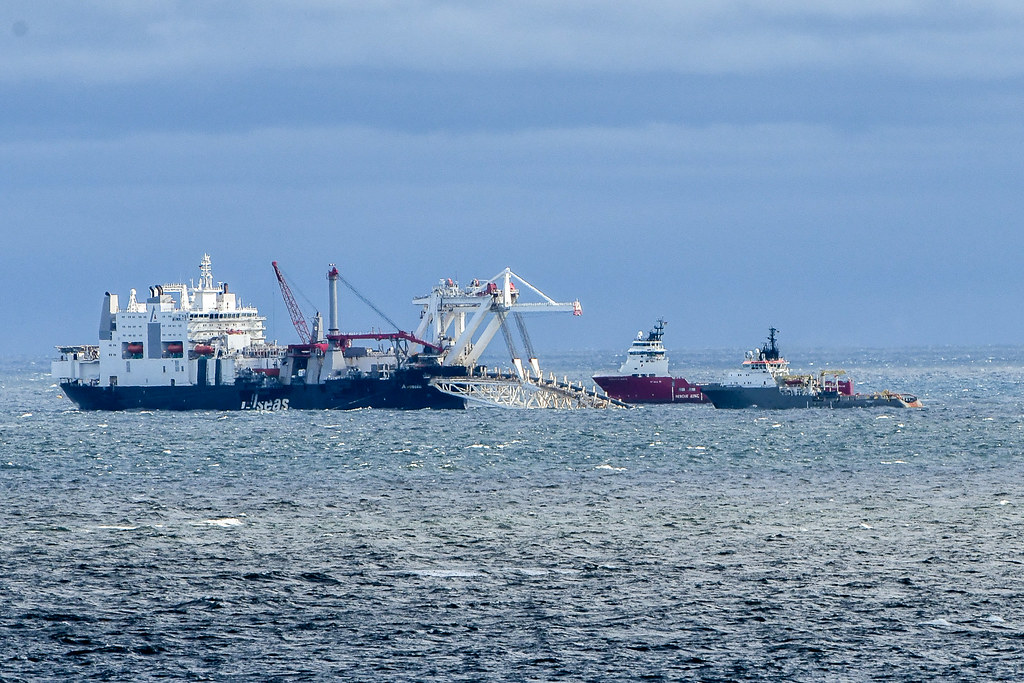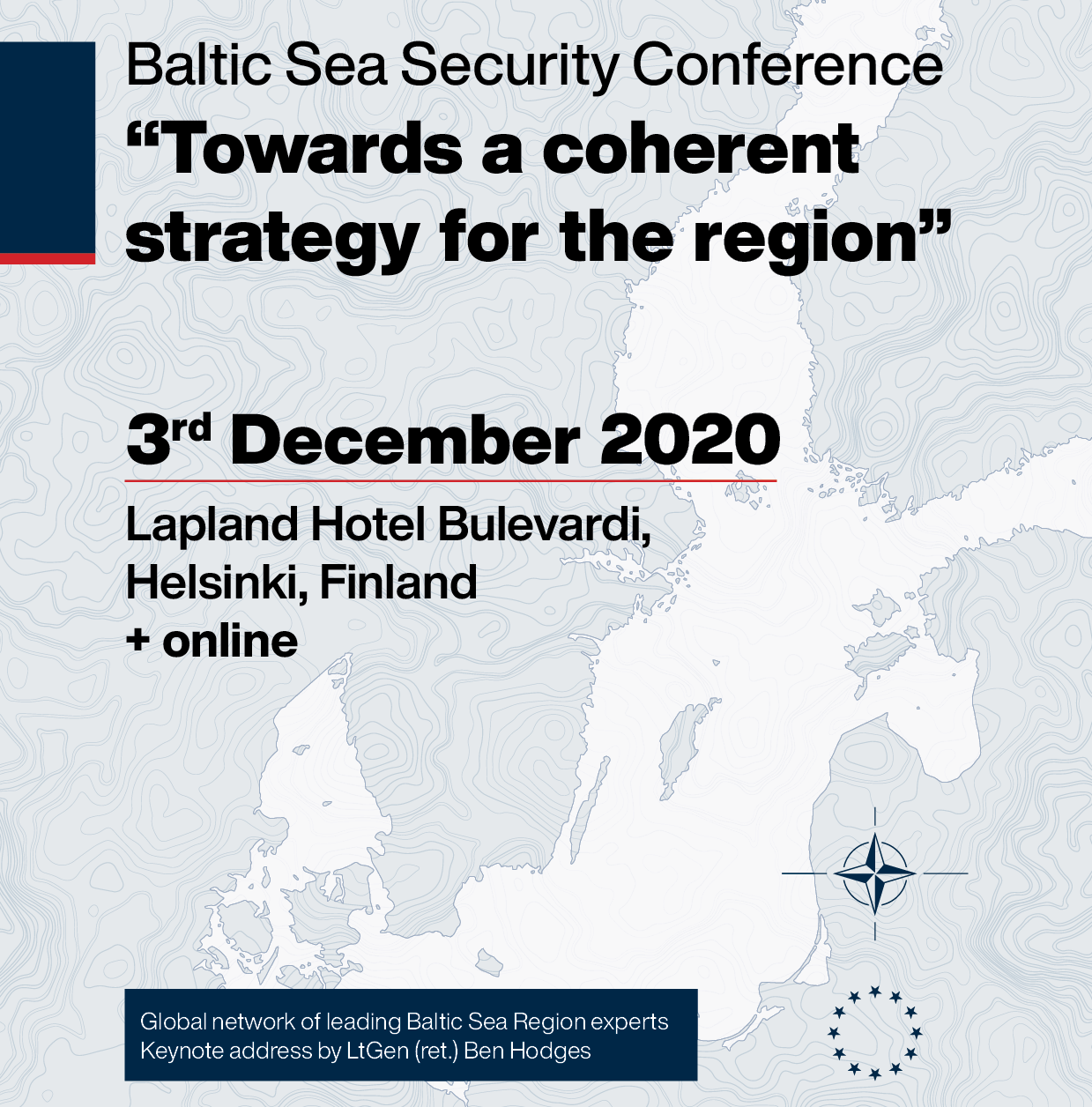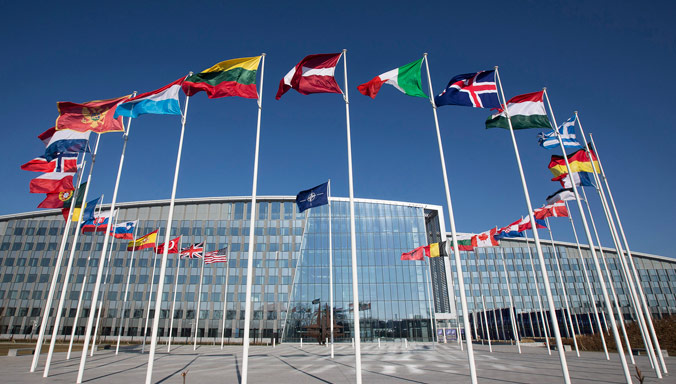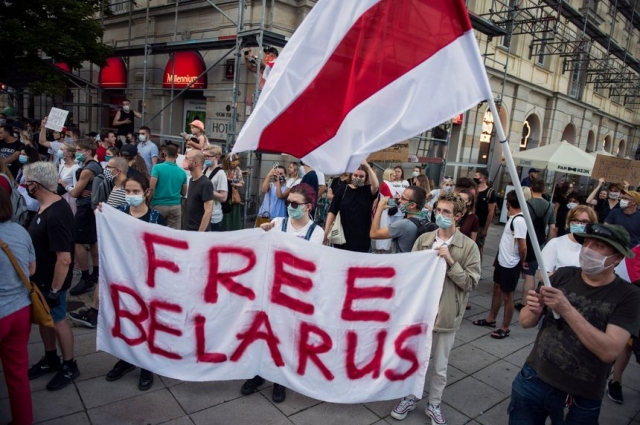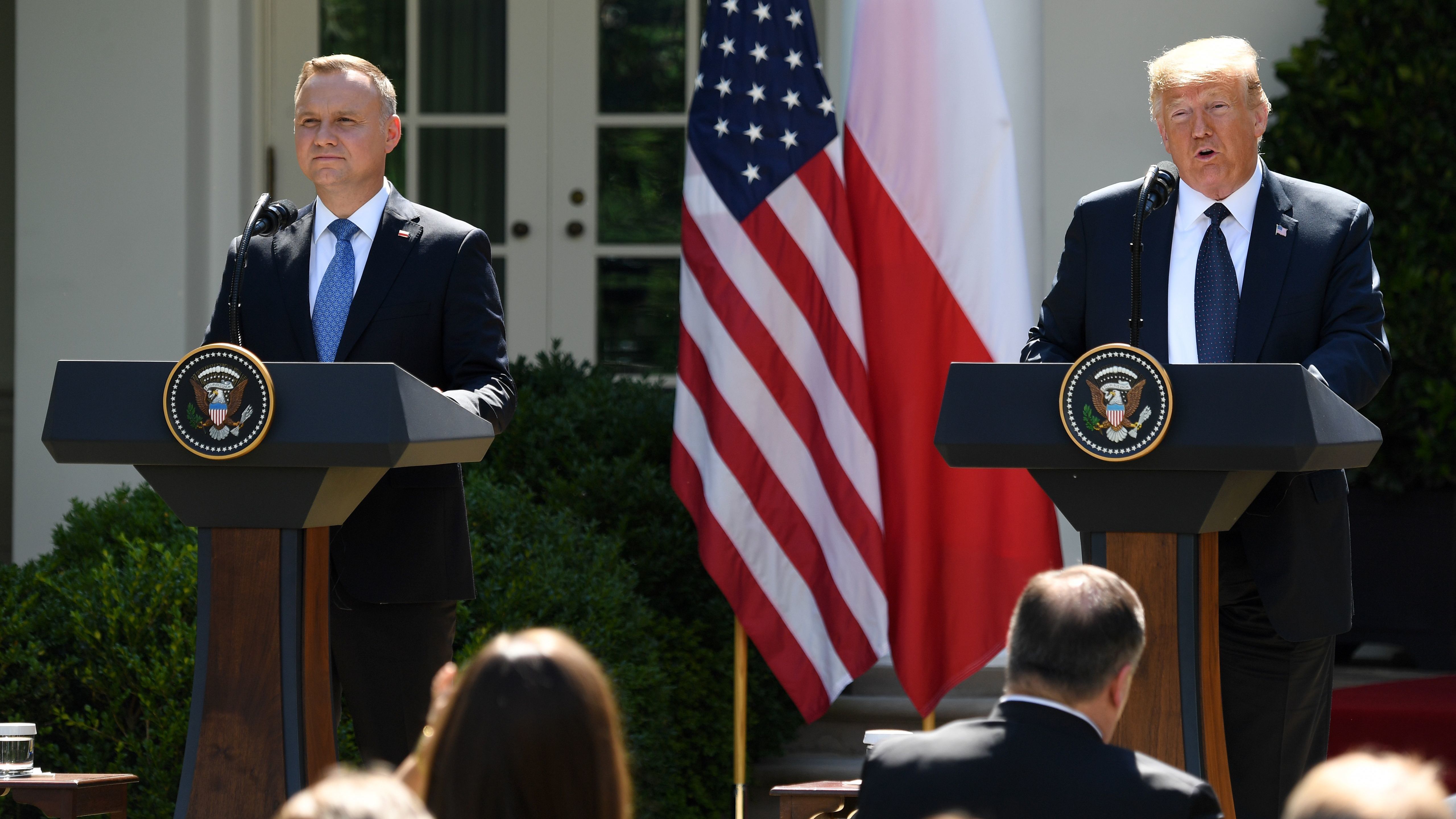U.S. Perspectives on Nord Stream 2
U.S. President Joe Biden has claimed that Nord Stream 2, the controversial Russo-German pipeline project, is a “bad deal for Europe” and has stated his administration’s opposition to the project. At face value, that would appear to be a rare continuity with the previous administration, but a deeper dive into the various perspectives in Washington reveals a much more complicated position. Despite spoken commitments to the bipartisan sanctions regime instituted by the Trump administration, it appears that the Biden administration is ready to wash its hands of the issue and move on.

